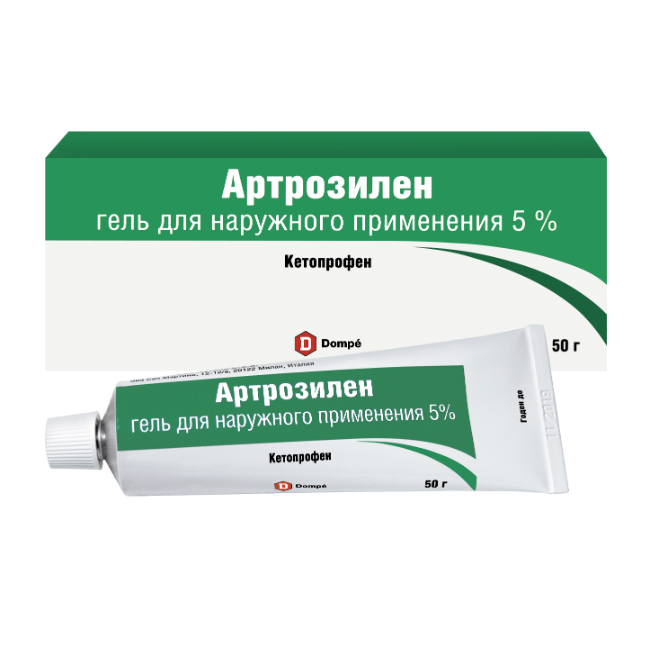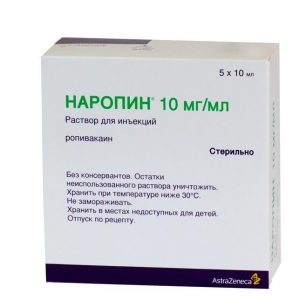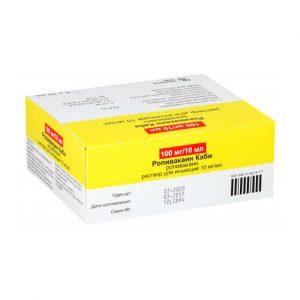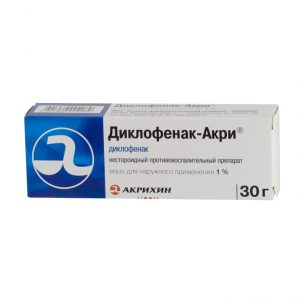Description
Latin name
Artrosilene
Pharmacological action
Arthrosilene has anti-inflammatory, analgesic, antipyretic effects.
Indications
relief of pain of mild to moderate intensity, incl. postoperative pains post-traumatic pains and inflammatory pains
rheumatic diseases such as: rheumatoid arthritis
spondylarthritis
osteoarthritis
gouty arthritis
inflammatory lesion of periarticular tissues.
Contraindications
hypersensitivity, including to other NSAIDs
aspirin asthma
pregnancy (III trimester)
lactation period
peptic ulcer of the stomach and duodenum in the exacerbation phase, peptic ulcer
peptic ulcer in the exacerbation phase, Crohn’s disease srtklfrr and other diseases renal failure
children under 18 years of age.
Use during pregnancy and lactation
The use of the drug Arthrosilen in the third trimester of pregnancy is contraindicated. In the first and second trimesters of pregnancy, the drug Arthrosilen should be used with caution and under the supervision of a physician.
If you need to use the drug during lactation, breastfeeding should be discontinued.
Women planning a pregnancy should refrain from taking Arthrosylene, as while taking it, the probability of egg implantation may decrease.
Composition of
1 g of gel contains ketoprofen lysine salt 50 mg
Dosage and administration
For external use of Arthrosilen, a single dose of the gel is 3-5 g (volume of large cherries), aerosol – 1-2 g (volume of walnuts).
Depending on the size of the damaged area, Arthrosilen should be applied 2-3 times a day or as prescribed by your doctor.
Side effects
Nervous system: dizziness, hyperkinesia, tremors, vertigo, mood swings, anxiety, hallucinations, irritability, general malaise.
Sensory organs: conjunctivitis, visual impairment.
Skin: urticaria, angioedema, erythematous exanthema, pruritus, maculopapular exanthema, increased sweating, erythema multiforme exudative (including Stevens-Johnson syndrome).
Genitourinary system: painful urination, cystitis, swelling, hematuria, irregular menstruation.
Hematopoietic organs: leukocytopenia, leukocytosis, lymphangitis, decreased PV, thrombocytopenia, thrombocytopenic purpura, enlarged spleen, vasculitis.
Respiratory system: bronchospasm, dyspnea, sensation of spasm of the larynx, laryngospasm, laryngeal edema, rhinitis.
Cardiovascular system: hypertension, hypotension, tachycardia, chest pain, syncope, peripheral edema, pallor.
Allergic reactions: anaphylactoid reactions, swelling of the oral mucosa, swelling of the pharynx, periorbital edema.
Drug Interaction
Inducers of microsomal oxidation in the liver (phenytoin, ethanol, barbiturates, flumecinol, rifampicin, phenylbutazone, tricyclic antidepressants) with concomitant use with the drug Artrozilen increase the metabolism of ketoprofen (increase the production of hydroxylated active metabolites).
On the background of simultaneous use with the drug Artrozilen decreases the effectiveness of uricosuric drugs, increases the effect of anticoagulants, antiplatelet agents, fibrinolytics, ethanol, side effects of mineralocorticoids, glucocorticoids, estrogens, decreases the effectiveness of antihypertensive drugs.
Concurrent use of the drug Artrozilen with other NSAIDs, GCS, ethanol, corticotropin can lead to ulcer formation and the development of gastrointestinal bleeding, to increased risk of kidney dysfunction.
Concurrent use of Artrozilen with oral anticoagulants, heparin, thrombolytics, antiplatelet agents, cefoperazone, cefamandol and cefotethan increase the risk of bleeding.
Artrozilen enhances hypoglycemic action of insulin and oral hypoglycemic agents (dose adjustment is required).
Co-administration of Artrozilen with sodium valproate causes impaired platelet aggregation.
Ketoprofen with concomitant use increases plasma concentrations of verapamil and nifedipine, lithium, methotrexate.
Antacids and cholestyramine, when co-administered with Artrozilen, reduce the absorption of ketoprofen.
Overdose
No cases of overdose with Artrozilen have been reported at this time.
In the event of an overdose, symptomatic therapy, monitoring of respiratory and cardiovascular activity should be performed. There is no specific antidote. Hemodialysis is ineffective.
Storage conditions
The drug should be stored in a dark place. out of reach of children at temperatures up to 25 ° C.
Expiration
3 years.
Deystvuyuschee substances
Ketoprofen
pharmacy terms and conditions without a prescription
Lek rstvennaya form
dosage form
gel for external use
Doppely Farmatseutitsi, Italy




